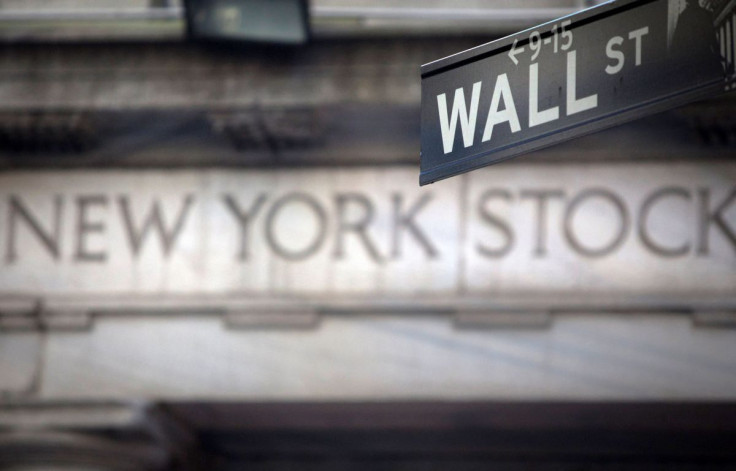Taiwan Risks Could Eventually Catch Up With Wall Street
Wall Street doesn't seem to care what China says about Taiwan these days. Instead, it focuses on what companies say about earnings and what the Fed does with interest rates. But the worsening relations between the U.S. and China over Taiwan could catch up with Wall Street.
Angered by the visit of U.S. House Speaker Nancy Pelosi to Taiwan, China stepped up its threats regarding the future of its breakaway province in the last couple of days. For instance, in a Global Times post published on Tuesday, Beijing threatened to speed up the reunification process with Taiwan.
"There are many options on the table for China to speed up the reunification process," the post said. "These could include striking Taiwan military targets, just as the PLA did in the previous Taiwan Straits crisis, pushing new legislation for national reunification, sending military aircraft and vessels to enter the island's 'airspace' and 'water areas' controlled by the Taiwan authorities and ending the tacit cease-fire with the Taiwan military."
Taiwan is at the core of the global tech supply chain as a manufacturer of tech products designed and developed in the U.S., Japan, and Europe. As a result, rising tensions in the island economy will be disruptive to the operations of U.S. tech giants and the U.S. economy. And it will raise the prospect of a Russia-Ukraine style conflict, which could draw the U.S. and its allies into it.
All these scenarios could be devastated Wall Street, especially the tech giants, which rely on Taiwanese companies like Taiwan Semiconductor for their semiconductor manufacturing needs.
But traders and investors do not seem to pay that much attention to these threats, with U.S. equities trading on economic fundamentals rather than on Beijing's threats over Taiwan.
So, Why Wall Street doesn't take China's threats seriously? Because there is nothing new. China's threats and warnings against the U.S. and its allies over Taiwan and the South China Sea are almost a daily routine. They serve to intimidate the people of Taiwan and the countries surrounding the South China Sea rather than something more serious.
Still, Chuck Flint, Founder & President at Flint Consulting, with extensive experience on Capitol Hill and U.S./China relations, thinks that Wall Street should pay attention to the risks arising from the growing tensions between China and the U.S. over Taiwan. "There are two specific risks to Wall Street Tech shares as a result of escalating tensions from Speaker Pelosi's Taiwan visit," he told International Business Times in an email.
"First, Taiwan Semiconductor Manufacturing Company (TSMC) is the most valuable chip maker in the world, as it accounts for over 50% of the global market share. Chips are used in everything from smartphones and medical equipment to military applications. It would roil Wall Street if TSMC operations were impacted by Chinese aggression. The second risk is the long-term public relations damage being done to Chinese technology companies. They're increasingly perceived as being under Beijing's thumb, and the CCP escalating cross-strait tensions will further diminish their attractiveness to Wall Street investors."
And that would undoubtedly attract the attention of Wall Street.

© Copyright IBTimes 2025. All rights reserved.






















